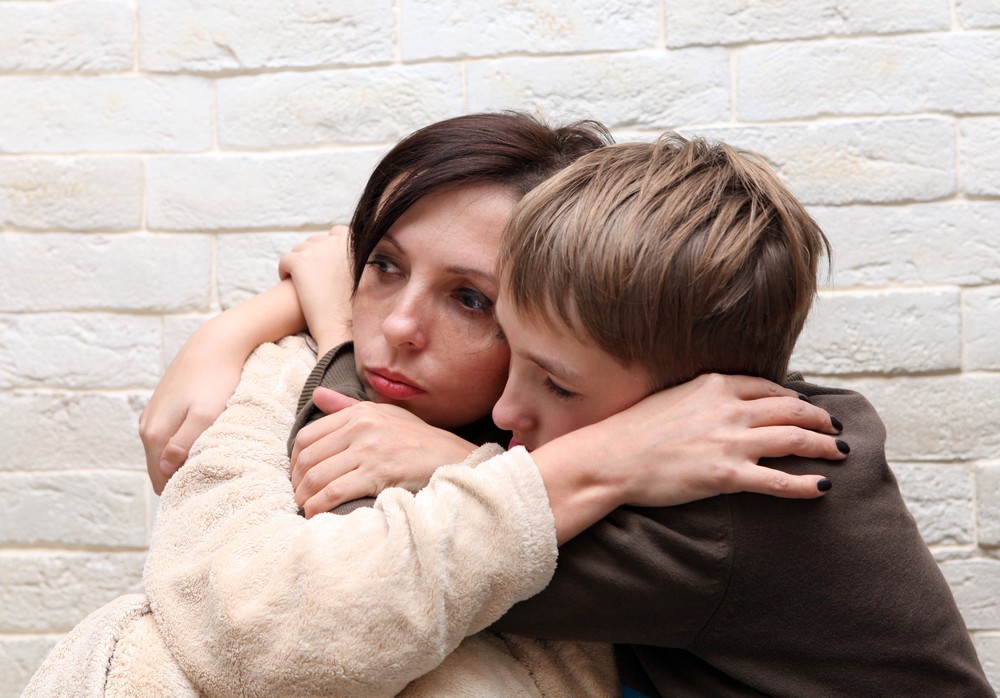Advocate for March’s Social Work Grand Challenge
Advocate for March’s Social Work Grand Challenge

Advocate for March’s Social Work Grand Challenge
We’ve left February and moved into March, and it’s time to be part of improving our world through another Social Work Grand Challenge! This month, the AASWSW is partnering with social workers to focus on strengthening children and families through the following initiative:
Grand Challenge #3: Stop Family Violence
As social workers, we’ve made huge strides in reducing abuse that harms children, women, and men, but the AASWSW challenges us to work even harder. To ensure as few families as possible experience domestic violence, they’re calling social workers to “bring about a 50% reduction in child maltreatment and gender-based violence (GBV) within the next decade.”
In up-to-date reports, the AASWSW described the current state of Child Maltreatment and GBV in America, and solutions social workers can implement to meet the goal. This is a summary of the challenges, and possible solutions.
Child Maltreatment
Despite being completely preventable, child maltreatment is unfortunately a common cause of infant mortality before babies reach their first birthday. Recent research suggests that 12.5% of American children experience maltreatment while minors, which can have lasting effects on the child’s physical and mental health for decades, well into adulthood. Currently, efforts don’t go far enough to follow children in families with increased risk of abuse or severe neglect, such as those with previously terminated parenting rights to another child.
With wider implementation, the AASWSW believes several programs with successful pilots in certain U.S. states will achieve the 50% reduction goal with broader use. Integrating data systems will allow health, police, education, and social work departments to work together to identify at-risk youth. Additionally, the AASWSW recommends expanding use of the birth match program, currently being used in four states, which identifies infants in high-risk households where parents previously lost parental rights and allows officials to frequently check on them. They also recommend changing infant relinquishment safe haven programs, allowing parents to relinquish infants up to 1 year old.
Gender-Based Violence (GBV)
GBV hurts all family members, but recent research shows that the victims of GBV are still disproportionately women and girls. In America, the AASWSW recognizes Intimate Partner Violence (IPV) as the most common form of GBV families experience. Of American women, 18% report having been raped, with over 90% of the perpetrators being a partner or friend. The number of female victims rises to over one-third when other partner violence or stalking is included. GBV happens in relationships from all socioeconomic backgrounds, ethnicities, and sexual orientations.
There are a number of evidence-based programs that can help reduce GBV. Programs that help include teaching teenagers about dating violence and working with men and boys to teach them healthy behavior in relationships and how to support GBV-free communities. The AASWSW calls on social workers to help make these programs available across communities, including as resources for disadvantaged populations. Increased financial resources and support for women and girls who are victims of GBV will help ensure the safety of those without the financial resources to leave an unsafe situation.
HOW YOU CAN HELP AS A SOCIAL WORKER
Social workers and social work students need to be ready to advocate for healthy, violence-free families.
The AASWSW’s articles on family violence will help you learn more about the Grand Challenge and proposed solutions:
- Safe Children: Reducing Severe and Fatal Maltreatment
- Ending Gender-Based Violence: A Grand Challenge For Social Work
If you work with women or families and children in your workplace or internship placement, educate yourself and your colleagues how to notice signs of child maltreatment or gender-based violence in your clients. Become aware of the resources available to these clients.
We can be the champions for reducing family-based violence in our country and communities, and lobby organizations at the macro level to put evidence-based programs into action that will help families around America.



